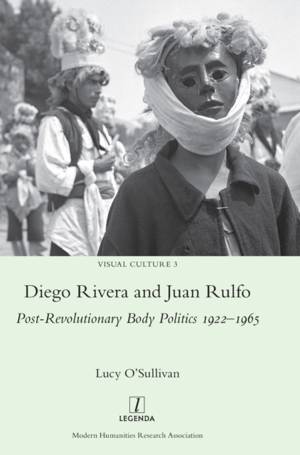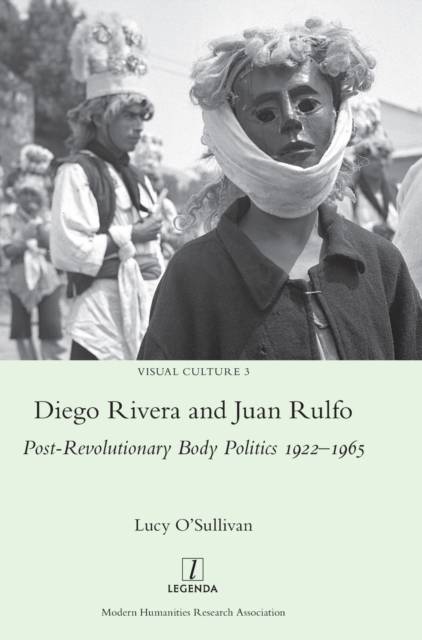
- Retrait gratuit dans votre magasin Club
- 7.000.000 titres dans notre catalogue
- Payer en toute sécurité
- Toujours un magasin près de chez vous
- Retrait gratuit dans votre magasin Club
- 7.000.0000 titres dans notre catalogue
- Payer en toute sécurité
- Toujours un magasin près de chez vous
Description
Working in different media, Diego Rivera (1886-1957) and Juan Rulfo (1917-1986), are identified as monuments to two distinct moments in Mexico's cultural history, yet their works have never been examined comparatively. Reading their artistic corpora side-by-side reveals a shared preoccupation with the body that sheds light not only on its function as a critical political signifier in their works, but also on how the concepts of nation and revolution were conceived, articulated and contested in primarily corporeal terms in the decades following the Mexican Revolution (1910-1917). Drawing from a varied multimedia archive encompassing well-known and previously overlooked essays, murals, illustrations, photographs, films and literary texts, Lucy O'Sullivan engages in a close analysis of Rivera's and Rulfo's corporeal imagery to trace broader shifts in aesthetic and intellectual interpretations of post-revolutionary nationhood, from the euphoria of the 1920s to the phase of intellectual disenchantment beginning at mid-century.
Lucy O'Sullivan is a Lecturer in Hispanic Studies at the University of Birmingham.
Spécifications
Parties prenantes
- Auteur(s) :
- Editeur:
Contenu
- Nombre de pages :
- 252
- Langue:
- Anglais
- Collection :
- Tome:
- n° 3
Caractéristiques
- EAN:
- 9781781888780
- Date de parution :
- 14-02-22
- Format:
- Livre relié
- Format numérique:
- Genaaid
- Dimensions :
- 170 mm x 244 mm
- Poids :
- 603 g

Les avis
Nous publions uniquement les avis qui respectent les conditions requises. Consultez nos conditions pour les avis.






